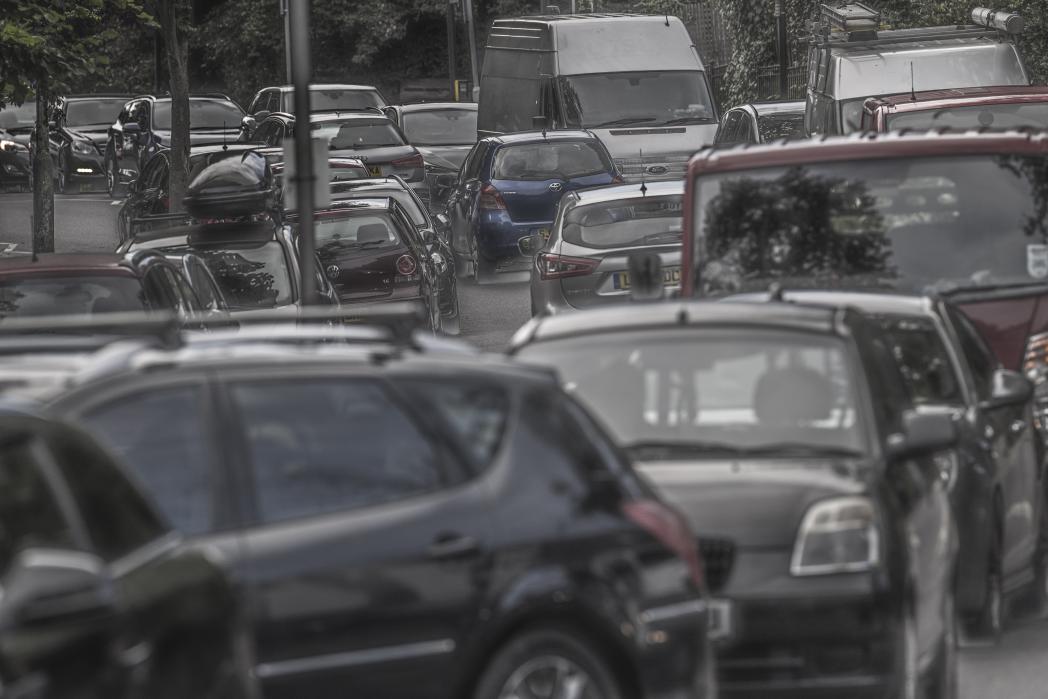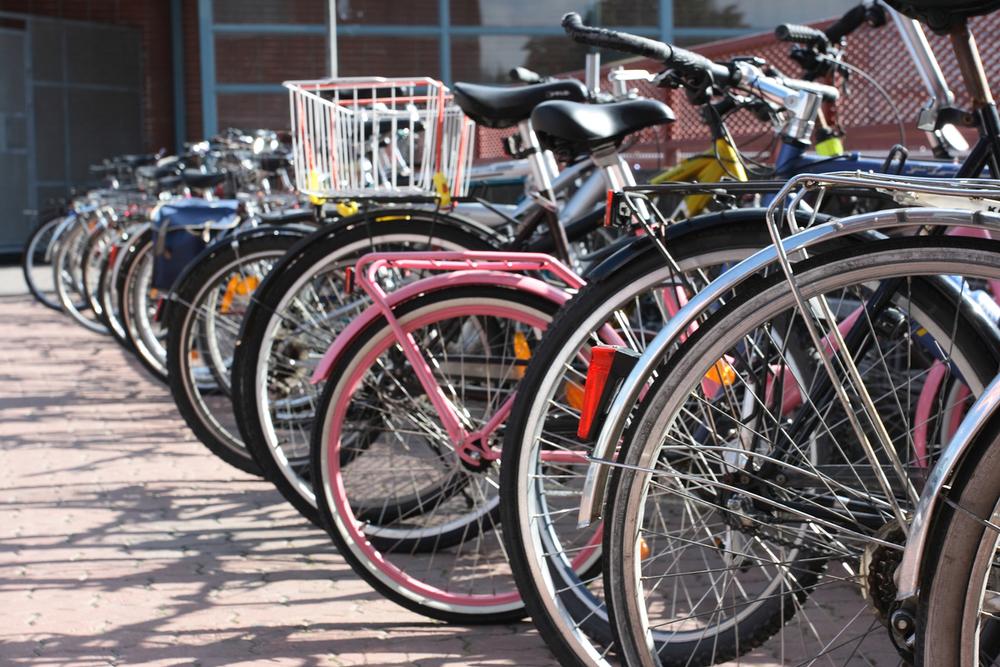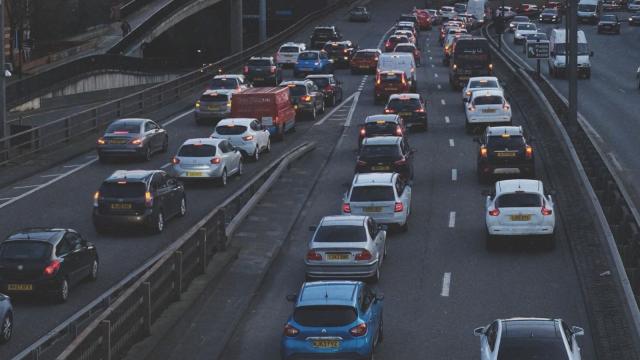Emissions from motor vehicles are one of the major contributors to air pollution. In urban and high traffic areas, exposure can be high. Every time we drive, vehicles produce pollutants.
Air pollution is a mixture of gases and particles that are too small to see with the naked eye. That’s why a lot of people don’t know about the health risks associated with air pollution – because it’s largely invisible.

What is the impact of air pollution on our health?
These pollutants affect the air we breathe, and exposure to poor air quality is associated with both ill health and premature death – it damages our lungs, worsens chronic illnesses such asthma, lung and heart disease, and contributes to thousands of early deaths each year. According to Public Health England, 28,000-36,000 deaths are caused by air pollution annually. [1] People may also be affected by poor air quality even if they never experience any noticeable, pollution-related health effects such as breathing problems.
Air pollution is also particularly harmful to the health of those already vulnerable because of their age or existing health problems. Young children are particularly vulnerable to the effects of air pollution, because it can stunt their lung growth. Those who grow up on streets with high levels of air pollution have smaller lung capacity than children on cleaner streets.[2]

What can be done?
We can all help to eliminate one of the biggest sources of toxic emissions (polluting road vehicles) by choosing to drive less, particularly for those journeys that you may be able to walk or cycle. In doing so, you’ll be helping to reduce air pollution and contributing to cleaner air for all.
If you don’t have a car, and even if you do but you want to take extra steps, you can also help to reduce the volume of cars and vans on the road by being conscious about what goods you buy and how they’re delivered. For example, avoid next day delivery and instead choose a slower delivery option (preferably Royal Mail). This allows organisations to take vans and cars off the road by consolidating deliveries into one bulk delivery, which can use a green route that is most efficient. Alternatively, you can choose to collect parcels and packages from a local collection point, which reduces emissions by allowing organisations to deliver to one location.
Sources
[1] Public Health England, 2018, ‘Health Matters: Air Pollution’. Available at: https://www.gov.uk/government/publications/health-matters-air-pollution/health-matters-air-pollution
[2] Kings College London, 2019, ‘Living near a busy road can stunt children’s lung growth’. Available at: https://www.kcl.ac.uk/news/living-near-a-busy-road-can-stunt-childrens-lung-growth
